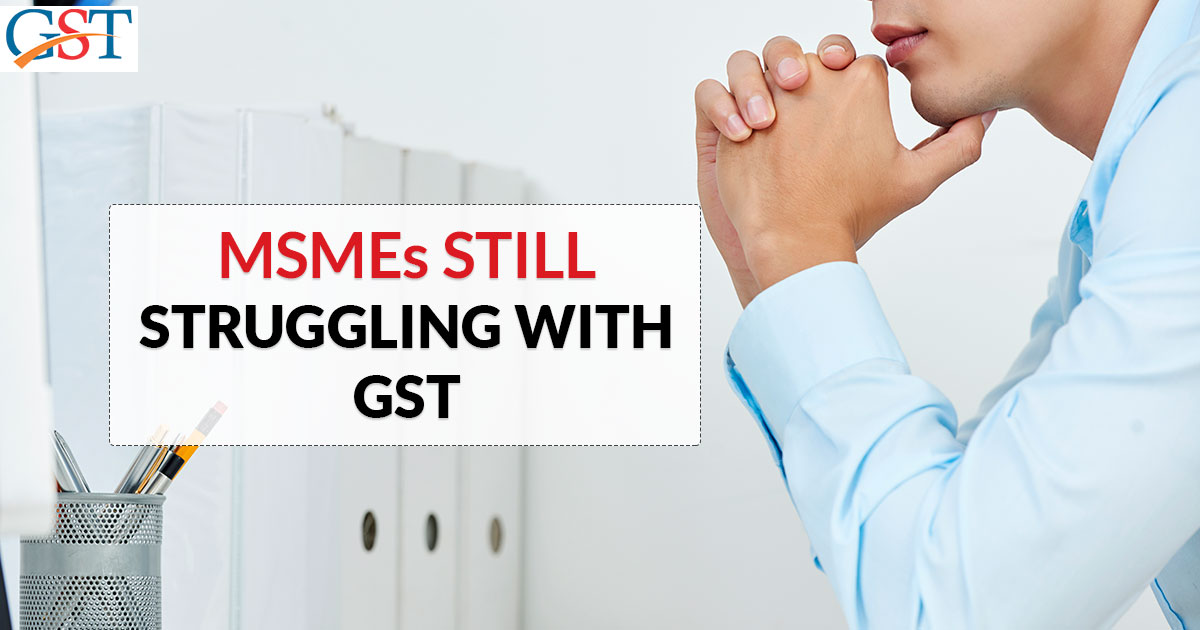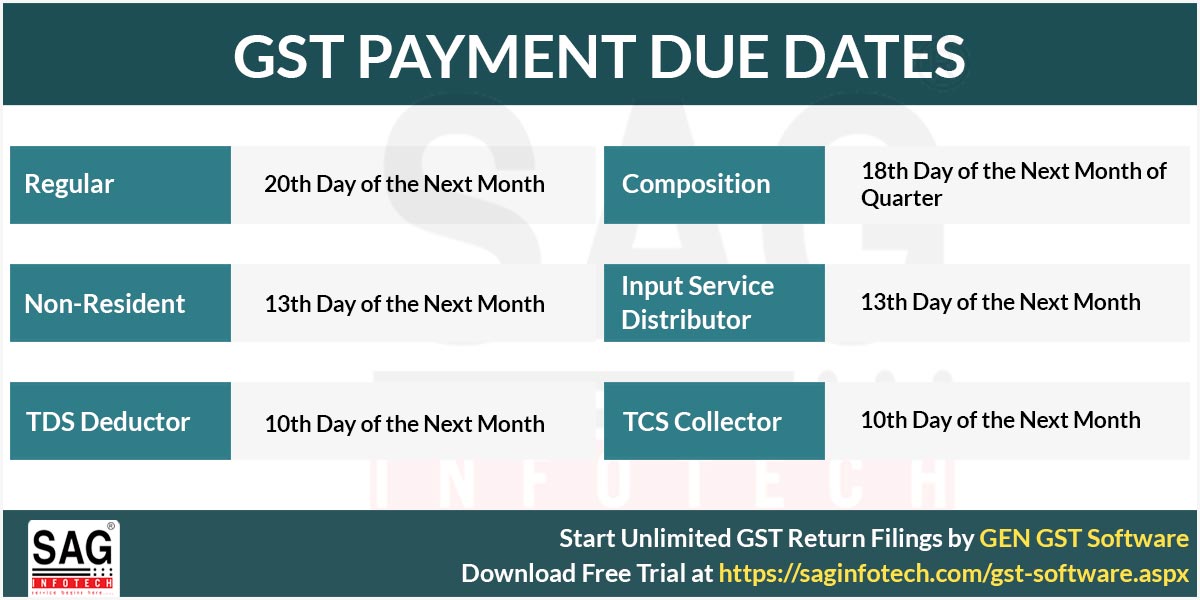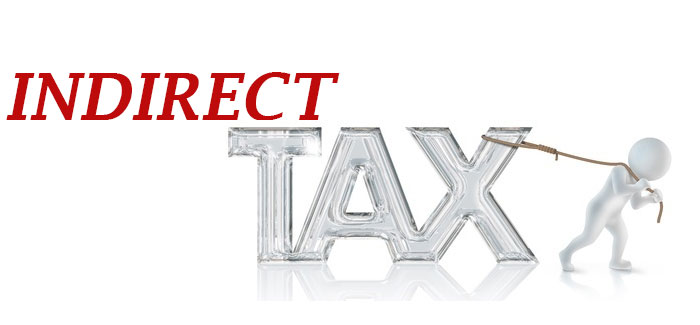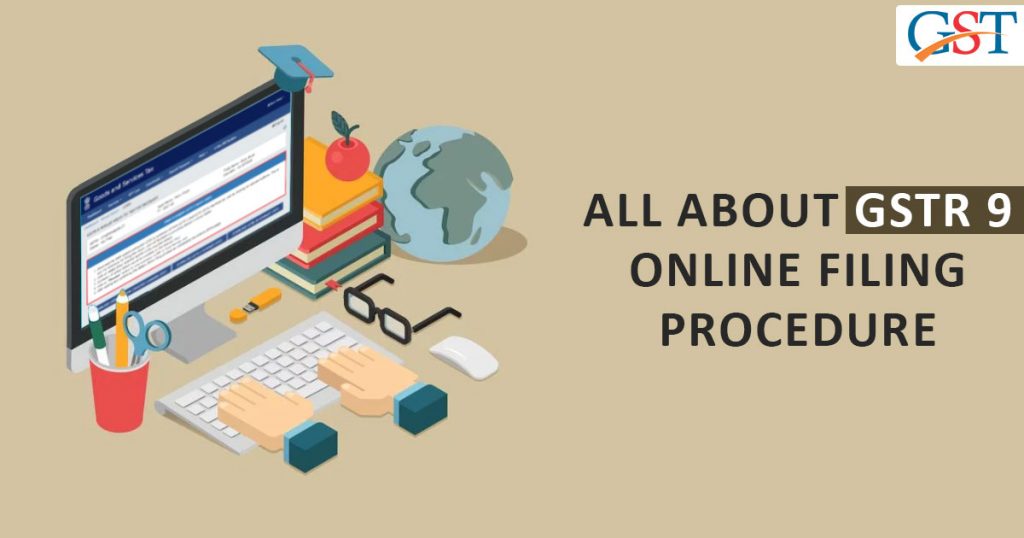
The new indirect tax, GST (Goods and Services Tax), has been in the economy for more than two and a half years now. It was launched claiming that its implementation will be beneficial for the economy and will bring smoothness in the process of tax payments, but the micro, small and medium scale industries (MSMEs) seem to be struggling with the tax even after so many years of its launch.
According to the officials, thousands of late payment notices have been issued to the MSMEs during the previous years 2017-18 and 2018-19 and this problem is not even close to any solution. Moreover, the interest rate applicable to the late payment of GST 
Moreover, the officials informed that a circular is issued by the Special Secretary, Central Board of Indirect Taxes and Customs (CBIC) to the Principal Commissioners advising them to continue the collection of the GST fines on Gross Amount which have caused even more problems for MSMEs.
“Because of this, en block notices have been issued by the department for collection of interest on gross GST calculated by the adding the tax payable through ITC (input tax credit) across the region. This is causing great consternation all over the country,” said Sharad Aggarwal, president, Northern Chamber of Small & Medium Industries.
He also said that the Central Board of Indirect Taxes 
The MSME owners are saying that there are some fundamental issues with the rules and provisions of GST which are creating numerous problems for the small business owners and are creating a state of confusion among them.
To raise their voices against the complex GST norms, officially, the Northern Chamber of Small & Medium Industries met Minister of State for Finance and Corporate Affairs, Anurag Thakur to inform him about the problems faced by MSMEs.
They asked for a clarification from the government that interest should be charged on the Net Tax Liabilities. The members requested the minister to excuse the payment of interest for the first three years as the GST Act is new in the economy. If GST is not paid even after two months of the last date, then they should charge the interest on the defaulters. They also asked for a simple set of procedures for filing the return in GSTR-9 